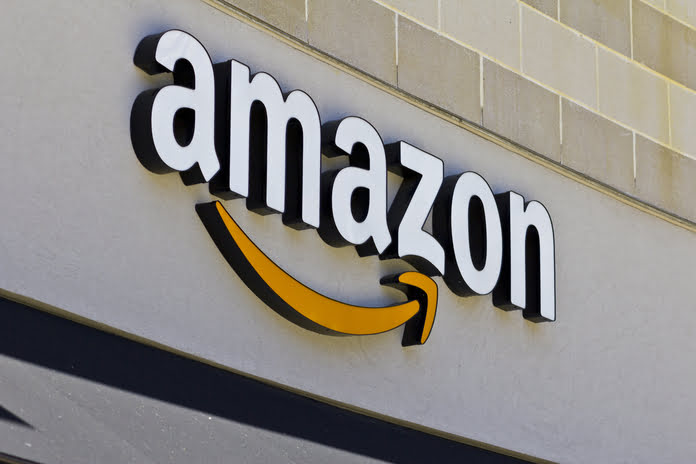Amazon (NASDAQ:AMZN) management stated on an earnings call that inflation will continue to be a problem for the company in the upcoming quarters after it released its profits for the second quarter.
Inflation Is Pushing Amazon to Increase Fees
During the conference call held on Thursday evening, the CFO, Dan Olsavsky, informed the analysts that the primary focus of the company’s macroeconomic concerns is inflation. “I think the new thing this quarter is additional pressure on the energy, and electricity rates in our data centers because of the ramp up in natural gas prices.”
He continued by saying that salary inflation, particularly in technical areas, continues to burden the company. In addition, the effects of inflation on the business were reflected in the decision to adopt increased seller fees for the eCommerce sector. Despite this, he was careful to point out that the corporation had only reluctantly chosen this course of action.
Oslavsky, when questioned by analysts on inventory and markdown worries that are hurting several of their counterparts such as Walmart (NYSE:WMT), Target (NYSE:TGT), and more, Oslavsky minimized the impact of these concerns. Inventory levels increased by around $5.5 billion in the first six months of the year, as indicated by the financials that were presented alongside the earnings results. Oslavsky expressed confidence in the company’s ability to work through the elevated inventories without pursuing the same margin-constricting strategies as its competitors, even though this level is still notable. Compared to the peers mentioned above, this level is below the others in percentage difference.
Amazon raised the fee of a Prime membership in the US in February due to rising costs, and this week did the same in Europe. Consumers weren’t alarmed by it. The increase in subscription income, which had been slowing for three consecutive quarters, increased 14% to $8.72 billion.
Amazon is Looking for New Revenue Sources
Amazon announced earlier this month that it would acquire One Medical, a basic healthcare provider, for cash valued at $3.49 billion. The business expands Amazon’s foray into the healthcare sector by running clinics in towns around the US.
Sales climbed 7.2% to $121.2 billion during the quarter. Compared to a net income of $7.8 billion, or $0.76 per share, in the same quarter last year, Amazon reported a net loss of $2 billion, or a loss of $0.20 per share. The business blamed the loss on its investment in Rivian Automotive Inc., a producer of electric vehicles.
According to the Seattle-based corporation, operating profitability for the current quarter will range from break-even to $3.5 billion on sales that could reach $130 billion. According to statistics gathered by Bloomberg, analysts expected a profit of $3.83 billion on average sales of $127 billion.
Featured Image: Megapixl @Jetcityimage















